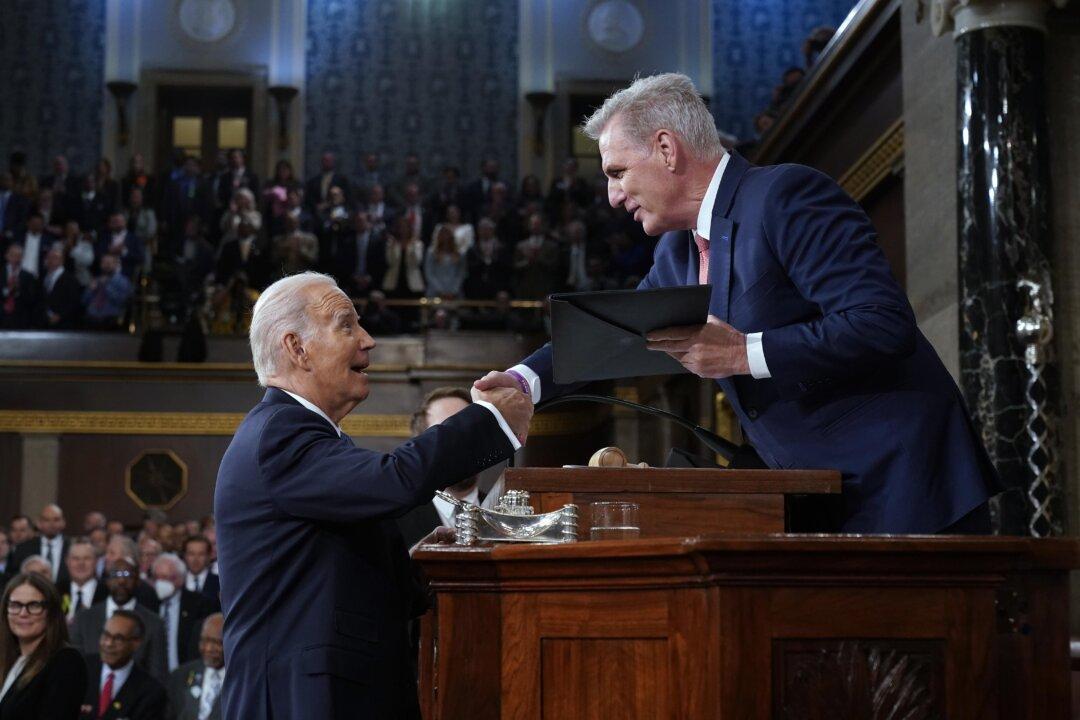The debt deal between President Joe Biden and House Speaker Kevin McCarthy (R-Calif.) allows the federal government to continue functioning for the next year and a half. To make the agreement, both sides conceded what they believe are important issues. One thing the agreement provides is a clear picture each party envisions for the future role of government in our lives.
The Debt Deal
McCarthy did achieve several concessions from the president. The most significant was a $50 billion reduction in nondefense discretionary spending for fiscal 2024. The president also agreed not to spend $30 billion in as yet unspent COVID funds. Hence, it appears the main impact of the deal will be to reduce federal spending by a total of about $80 billion from what would have been spent in fiscal 2024.Viewed from the perspective of the surge in federal spending beginning in 2020, the impact of the debt deal on spending is modest. Federal spending was $4.5 trillion in 2019. The surge in spending in 2020 brought it to $6.6 trillion. A combination of this increase and a decline in the economy brought federal spending from 21 percent to 31 percent of gross national product (GDP).





